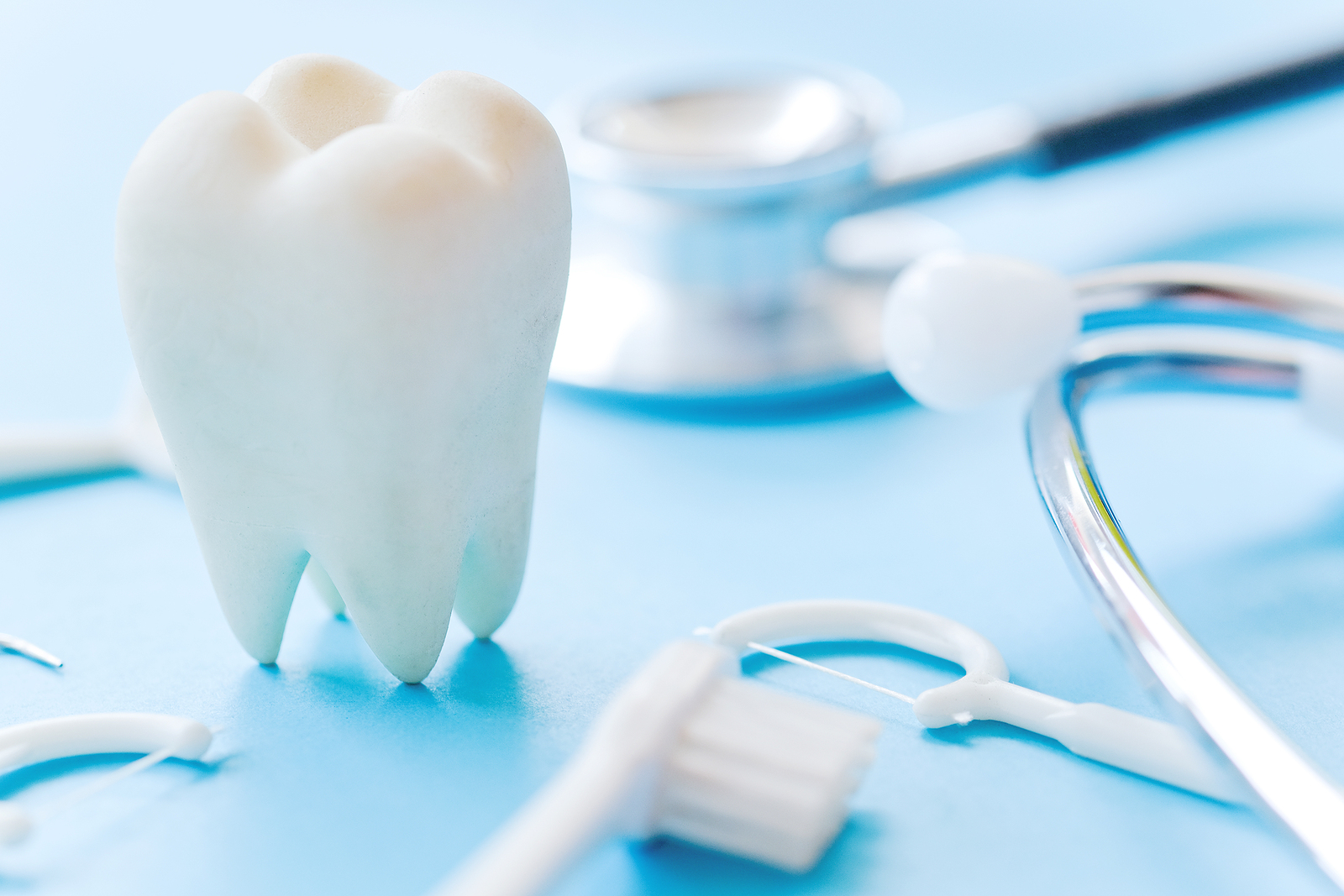A dental abscess is a very painful bacterial infection that affects the pulp – or centre – of the tooth. The reason they’re so painful is because this innermost part of the tooth is what houses the nerves and blood vessels.
It is also possible to get dental abscesses in the gums. These bacterial infections are also very painful, although they don’t usually affect the teeth themselves. Finally, you can get a dental abscess in the jaw bone and surrounding tissue. This can affect your teeth so it’s important to get such infections under control quickly.
Now that we’ve covered where you can get a dental abscess, it’s time to turn our attention to what causes these kinds of infections and perhaps more importantly how you can prevent them from developing in the first instance.
Of course, sometimes bacterial infections develop no matter what you do. If you believe you have a dental abscess of any kind, you will need dental abscess antibiotics (usually amoxicillin) to help tackle the infection.
The following are the most common causes of dental abscesses.
- Tooth decay
As you might expect, this is one of the most common causes of a periapical abscess – this is one that forms within the tooth itself. The reason tooth decay can lead to an abscess is that it allows bacteria to bypass the enamel that normally protects your teeth and get into the pulp in the centre.
The best form of prevention is to properly brush your teeth twice a day using fluoride toothpaste. You should also ensure you floss regularly.
Avoiding eating and drinking too many sugary products, like fizzy drinks and sweets, is also advisable for good oral hygiene.
Should you have a cavity in one of your teeth, it’s essential to see a dentist as soon as possible to have a filling and prevent it from worsening.
- Gum disease
Gum disease is an infection that affects your gums. It normally manifests through bleeding when you brush and your gums may feel swollen or sore and become red. Gum disease can lead to a periodontal abscess (one in your gum) if it isn’t treated.
This is because the longer the infection is allowed to continue, the deeper it will penetrate into your gums and that could result in a pocket of infection developing that causes an abscess.
Prevention for this kind of abscess is much the same as to prevent abscesses developing as a result of cavities – brush your teeth thoroughly and floss regularly. Having regular dental checkups and hygienist appointments also helps, as they can spot early signs and give you advice about how to improve your oral hygiene.
- A cracked or chipped tooth
If you have a cracked or chipped tooth, you are at risk of developing an abscess because, as with a cavity, this gives bacteria a way through your enamel into the softer, more sensitive parts of your tooth.
Cracked or chipped teeth are more common as we get older because our enamel gradually wears down as we age. These kinds of issues can also be caused by trauma – such as a fall where you hit your face and chip a tooth. You can also crack or chip a tooth when eating hard foods.
In both instances, there are various treatments available that range from crowns and veneers to fillings and bonding. Which treatment is most appropriate depends on the severity of the chip or crack and its location.
Keeping your teeth in good condition and visiting a dentist as soon as you suspect you have a chipped or cracked tooth are the best ways to prevent this kind of infection developing.
- Impacted tooth
This typically occurs in wisdom teeth. If one of your wisdom teeth is impacted, this means it hasn’t broken through your gum properly. It essentially gets stuck just below your gum giving bacteria a place in which to grow.
Impacted wisdom teeth can also grow at odd angles, especially if there isn’t space in your jaw for them to come through properly, which causes other dental issues. From the perspective of dental abscesses, the issue with impacted teeth is that they are difficult to keep clean effectively, which can result in bacterial infections developing.
You will likely need antibiotics to clear up any infection before the impacted tooth can be removed, but your dentist will be able to advise you about this. There is little you can do to prevent yourself having an impacted wisdom tooth, but if you notice any issues as these extra teeth come through, visit your dentist as soon as possible.
Other risk factors for dental abscesses
While not strictly causes of dental abscesses, there are various activities or lifestyle choices that can increase your risk of developing one. The main culprits include:
- Smoking: Smokers are twice as likely to develop gum disease as non-smokers, which as you now know if left untreated can lead to an abscess developing. Quitting or cutting back on smoking is therefore advisable to improve your oral health.
- A high-sugar diet: We all know that consuming too much sugar, whether in our food or drink, has a negative impact on many areas of our health. It also makes it more likely that we’ll develop cavities in our teeth, which can lead to abscesses if they get infected.
- Poor oral hygiene: One of the best ways to prevent a host of dental issues, not just abscesses, is to regularly brush your teeth properly and to floss daily. Not doing so puts you at an increased risk of various dental problems and therefore makes it more likely that you could develop an abscess in your teeth or gums.
- Dry mouth: If you have a dry mouth, this can mean you are at a higher risk of developing an abscess because the saliva you produce is one of your body’s defences against the bacteria in our mouths. Without saliva, bacteria is more likely to develop into an infection.







